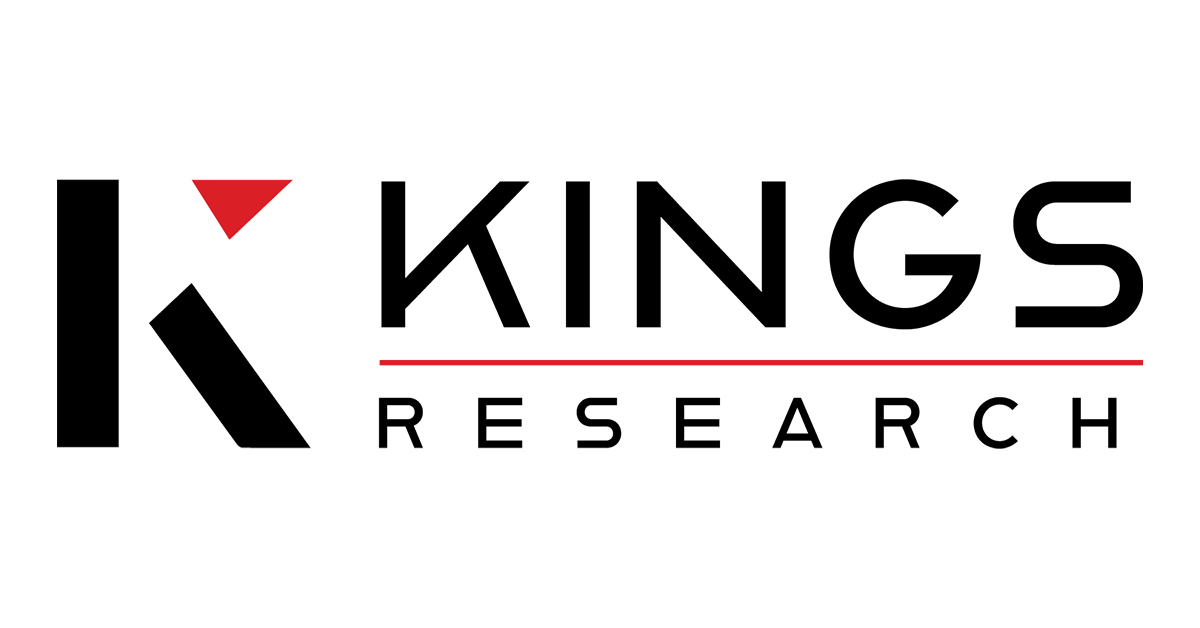Kings Research has released an in-depth analysis of the global Baby Car Seat Market, projecting significant growth from USD 5,961.0 million in 2022 to an impressive USD 9,737.6 million by 2030. This market is anticipated to grow at a compound annual growth rate (CAGR) of 6.46% over the forecast period of 2023-2030, driven by heightened awareness of child safety during car travel and the implementation of stringent safety regulations.
Rising Awareness and Stringent Regulations
The growing awareness among parents about the importance of child safety during car journeys is a primary driver of market growth. Research indicates a significant number of motor vehicle accidents involving children are due to the misuse or non-use of car safety seats. This awareness is particularly high in the age group of 1 to 14 years, which is most vulnerable to road traffic accidents, underscoring the critical need for appropriate safety measures.
Government regulations and safety mandates worldwide are reinforcing the adoption of baby car seats. In Europe, stringent laws mandate the use of rear-facing seats for infants in the front passenger seat, contributing to the region's dominant market share of over 36.77% in 2022. The EU Road Safety Law amendments aim to reduce the annual toll of over 700 child fatalities and 100,000 injuries due to road accidents.
Emerging Markets: A Lucrative Opportunity
Emerging markets such as India, China, and Thailand present substantial growth opportunities due to increased recognition of child safety needs and supportive government regulations. The demand in these regions is expected to be particularly strong for booster seats, as these countries ramp up efforts to enhance child safety during transportation.
Technological Advancements and Product Innovations
Technological advancements and continuous product innovations are critical factors driving the baby car seat market. Major industry players, including Graco Children’s Products Inc., Dorel Juvenile, and Evenflo Company, Inc., are heavily investing in research and development to introduce innovative products that cater to the evolving needs of parents and caregivers. Features like improved side-impact protection, enhanced ease of use, and sustainable materials are becoming standard expectations among consumers.
Sustainable and Eco-friendly Trends
A significant trend influencing the market is the growing consumer preference for sustainable and eco-friendly products. In North America, which held the second-largest regional market share at 32% in 2022, there is an increasing shift towards eco-conscious purchasing decisions. Parents are more inclined to choose car seats made from sustainable materials, aligning with broader environmental concerns and personal values regarding eco-friendly living.
Key Market Segments
The baby car seat market is segmented into several types, each designed to cater to specific age groups and safety requirements:
- Infant Car Seats: Designed for newborns and younger babies, offering rear-facing positioning for enhanced safety.
- Convertible Seats: Adaptable for both infants and toddlers, capable of transitioning from rear-facing to forward-facing as the child grows.
- Booster Seats: Intended for older children who have outgrown forward-facing seats, ensuring the vehicle’s seat belt fits correctly.
- Combination Seats: Versatile options that can convert from a harnessed seat for younger children to a booster seat for older ones.
Regional Insights
- Europe: Dominates the global market with comprehensive safety regulations and a high level of consumer awareness. The region is expected to maintain steady growth due to continued legislative support and advancements in car seat safety technologies.
- North America: Shows robust growth driven by stringent safety standards and increasing consumer preference for high-quality, sustainable products.
- Asia-Pacific: Expected to witness the fastest growth due to rising disposable incomes, urbanization, and increasing awareness about child safety.
Industry Outlook
The global baby car seat market is highly competitive, with key players continuously striving to innovate and enhance product offerings. Companies are increasingly focusing on strategic collaborations and partnerships to expand their market presence and meet the dynamic needs of consumers. Additionally, the market is poised to benefit from advancements in material science and manufacturing technologies, which are expected to yield safer, more comfortable, and eco-friendly products.





Comments